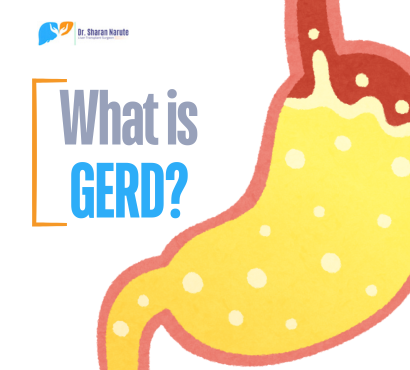Gastroesophageal reflux disease (GERD) is a common digestive condition that occurs when stomach acid flows back up into the esophagus. This backward flow can cause heartburn and other uncomfortable symptoms. While GERD is often manageable, it can significantly impact quality of life if left untreated. This comprehensive guide will explore the causes, symptoms, and treatment options for GERD.
Causes of GERD
Several factors can contribute to the development of GERD, including:
- Weakened Lower Esophageal Sphincter (LES): The LES is a muscular valve that normally prevents stomach acid from flowing back into the esophagus. If it becomes weakened, acid reflux can occur.
- Increased Stomach Acid Production: Excessive stomach acid can increase the risk of GERD.
- Hiatal Hernia: A hiatal hernia occurs when part of the stomach bulges through an opening in the diaphragm. This can weaken the LES and contribute to GERD.
- Certain Medications: Some medications, such as aspirin, ibuprofen, and certain antidepressants, can increase the risk of GERD.
- Lifestyle Factors: Obesity, smoking, and excessive alcohol consumption can irritate the esophagus and contribute to GERD.
Symptoms of GERD
The most common symptom of GERD is heartburn, a burning sensation in the chest that often rises up into the throat. Other symptoms may include:
- Acid reflux (a sour or bitter taste in the mouth)
- Difficulty swallowing
- Chest pain
- Chronic cough
- Hoarseness
- Sore throat
- Dental erosion
Treatment for GERD
The treatment for GERD depends on the severity of symptoms. Many people with mild GERD can manage their symptoms by making lifestyle changes, such as:
- Avoiding triggers: Identify and avoid foods and beverages that trigger heartburn, such as spicy foods, citrus fruits, caffeine, and alcohol.
- Eating smaller meals more frequently: Overeating can put pressure on the LES and increase the risk of acid reflux.
- Losing weight: If you’re overweight, losing weight can help reduce pressure on the LES.
- Quitting smoking: Smoking can irritate the esophagus and worsen GERD symptoms.
- Elevating your head: Sleeping with your head elevated on pillows can help prevent acid reflux while you sleep.
If lifestyle changes alone are not enough to manage your GERD symptoms, your doctor may prescribe medications to reduce stomach acid production or strengthen the LES. In severe cases, surgery may be recommended.
GERD is a common digestive disorder that can be effectively managed with the right treatment. By understanding the causes, symptoms, and treatment options, you can take steps to improve your quality of life and prevent complications. If you have concerns about GERD, consult with a healthcare professional for personalized advice.
Frequently Asked Questions
-
Is GERD a serious condition?
- While GERD is generally not a life-threatening condition, it can significantly impact your quality of life. If left untreated, GERD can lead to complications such as esophagitis (inflammation of the esophagus) or Barrett’s esophagus, a precancerous condition.
-
Can GERD be cured?
- In some cases, GERD can be managed effectively with lifestyle changes and medications. However, there is no cure for GERD.
-
When should I see a doctor for GERD?
- If you have frequent or severe heartburn or other GERD symptoms, it’s important to consult with a healthcare professional. They can diagnose GERD and recommend appropriate treatment.
it’s essential to consult with a healthcare professional. Early diagnosis and treatment can often prevent complications and improve your quality of life.

